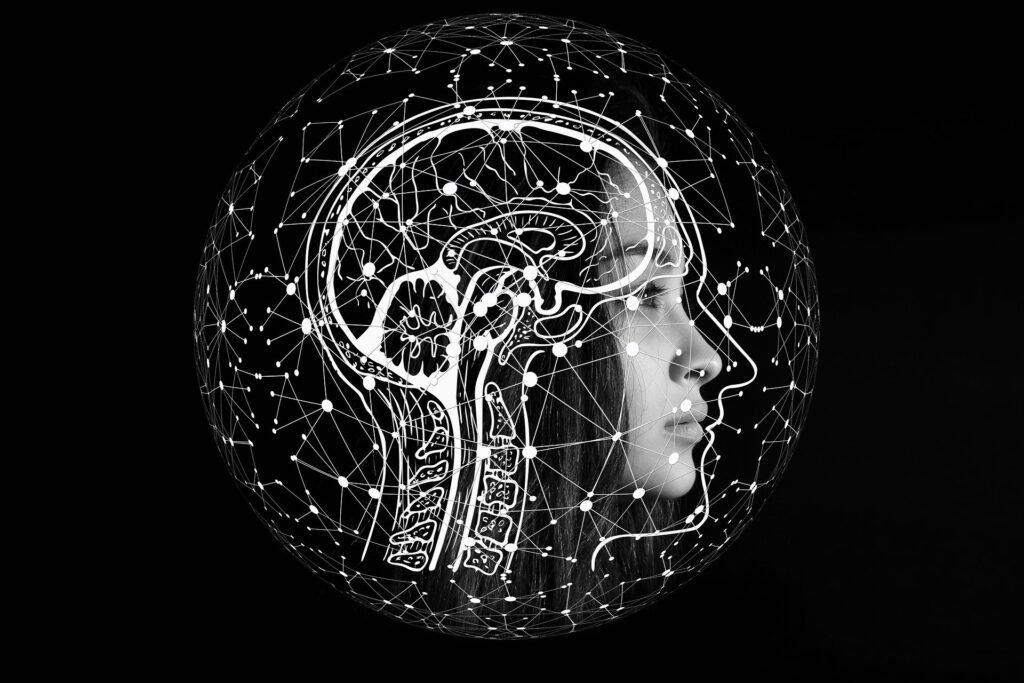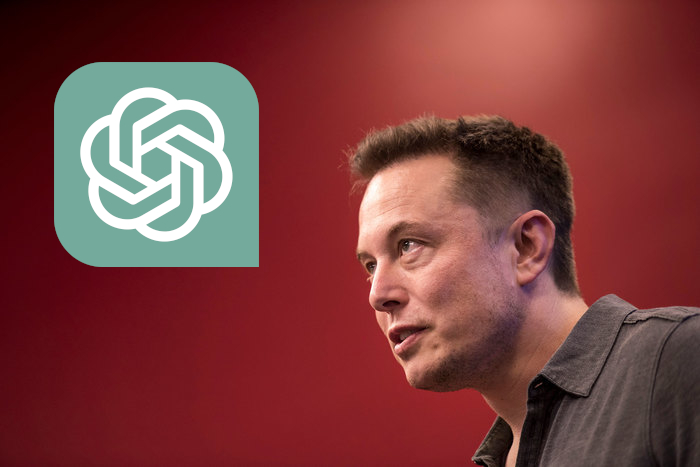Artificial intelligence (AI) has been a buzzword for many years, and its advancements have been nothing short of remarkable. From Siri and Alexa to self-driving cars and virtual assistants, AI is becoming increasingly integrated into our daily lives. One of the latest advancements in AI is the development of language models like ChatGPT.

ChatGPT is a large language model developed by OpenAI, based on the GPT-3.5 architecture. It has been trained on an enormous amount of data and can generate human-like responses to a wide range of prompts. Its abilities range from answering trivia questions to composing poetry and writing news articles.
One of the key reasons why ChatGPT is so impressive is its ability to understand the context. It can analyze the meaning of a word or phrase based on the words that come before and after it. This allows it to produce much more accurate and natural-sounding responses. Additionally, it can learn from its own mistakes and continuously improve over time.
But what does the rise of ChatGPT and other language models mean for the future of AI? One potential application is in the development of virtual assistants and chatbots. These systems can provide customer support, answer frequently asked questions, and even assist with complex tasks like scheduling appointments and making reservations.
Another application is in the field of natural language processing (NLP), which involves teaching computers to understand and generate human language. NLP has a wide range of applications, from sentiment analysis and chatbots to language translation and speech recognition.
However, the rise of AI also raises some important ethical concerns. One major issue is the potential for AI systems to perpetuate and amplify biases that already exist in society. For example, if an AI system is trained on data that contains biases against a particular group of people, it may learn to discriminate against them in its responses.
Another concern is the potential for AI to automate jobs and displace human workers. While AI has the potential to greatly improve efficiency and productivity, it may also lead to job losses in certain industries.
In conclusion, the rise of ChatGPT and other AI technologies has the potential to greatly improve our lives in various ways. However, we must proceed with caution and consider the ethical implications of these technologies. With proper regulation and oversight, we can ensure that AI is used for the benefit of all people. AI has a lot of pros and cons, it Is up to us how to use it, just as this was all written by Chat GPT.





